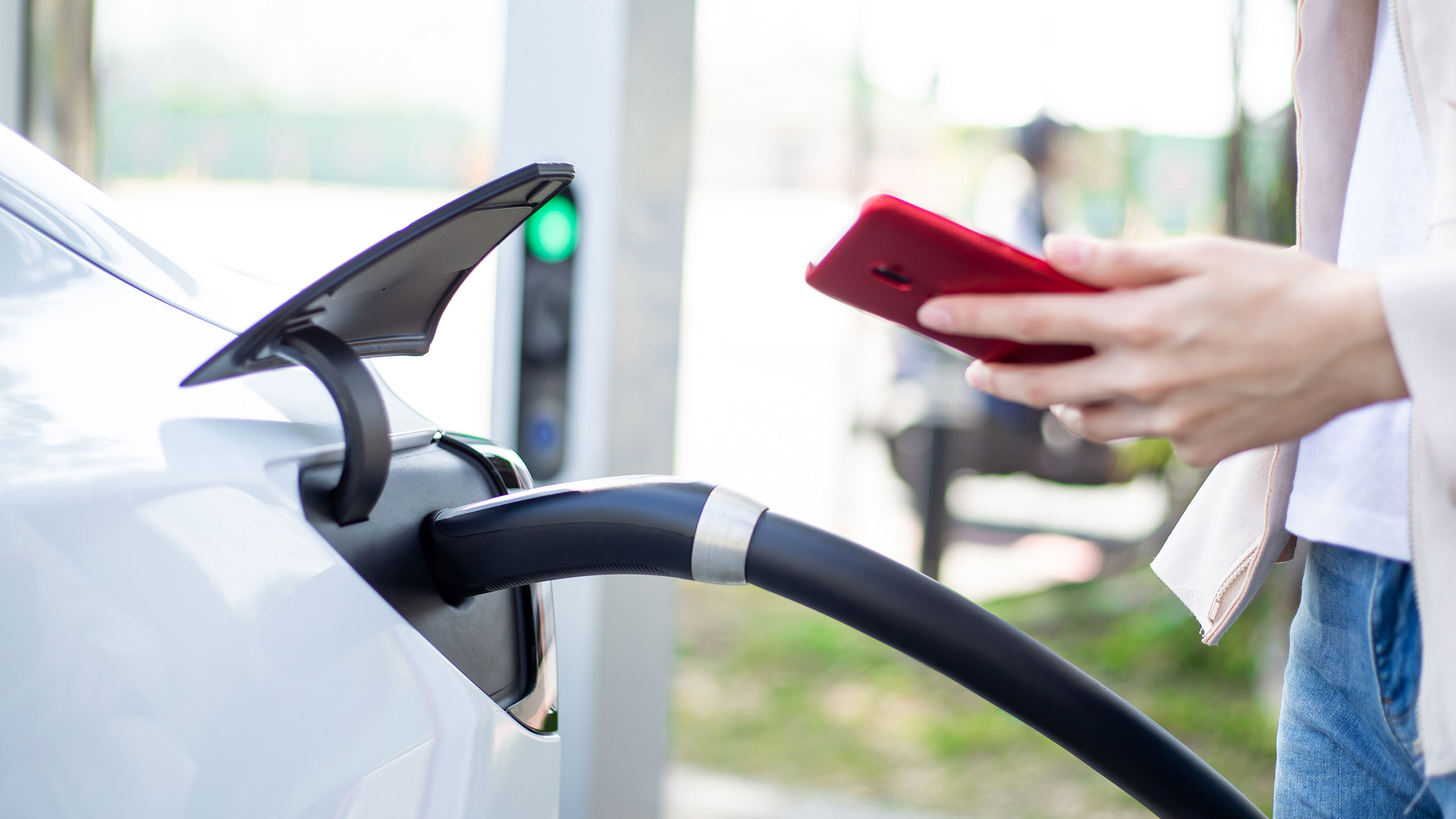
To help you decide what's best for you, here are some of the benefits and drawbacks of each.
For some drivers, buying a car outright using savings or a personal loan may be the best option. You’ll own the vehicle right away and can choose from the widest selection of new and used electric cars. If you decide to take out a personal loan, terms typically last between 5 and 7 years and monthly repayments will include interest charges.
Monthly repayments may work out higher than other financing options, but you’ll have the freedom to sell your car at any time. You won't have to worry about things like excess mileage or damage costs either. Just like with any car, buying outright also means you’ll have to pay for any repairs and maintenance. You might have to visit a garage with your EV for software updates, but newer models will usually be covered by a warranty.
Electric car subscriptions work in a similar way to music and television streaming services. They can be a hassle-free and flexible option for drivers looking for an EV in the short term without paying a deposit. Monthly payments typically cover tax, insurance, maintenance and breakdown cover and sometimes the cost of using a network of public chargers.
Subscribing to an EV works well if you don’t want to commit to a lease or owning a car. This option is also useful if you’re waiting on the delivery of a new car. If you’re not sure what car to go for, you could also use a subscription to ‘try before you buy’. As with other types of EV finance, there are drawbacks. You’ll never own the vehicle and subscriptions can come at a premium, so other options may offer better value for money.
A car lease is also known as personal contract hire. It's one of the most affordable ways to get long-term access to an EV. You make an initial payment of your choice – usually a multiple of your regular monthly payment – followed by regular monthly payments for a set period, often between 12 to 48 months. You may also be offered maintenance and service packages at an extra cost.
When leasing an EV, you never actually own the vehicle. You’re effectively renting it while taking responsibility for its condition and any necessary servicing. You’ll need to arrange your own insurance and will be charged for exceeding agreed mileage limits or incurring damage. As monthly costs are comparatively low, you may be able to get a higher spec model for your money.
Financing an EV using a personal contract purchase (PCP) is like leasing a car. You pay an initial deposit, followed by monthly payments for a fixed term. You then have 3 options at the end of your contract:
The balloon payment amount is decided at the start of your PCP. The figure is based on the minimum guaranteed future value (MGFV) of your car. That's how much your car is expected to be worth at the end of your contract. The main benefit of a PCP is that it reduces the cost of your monthly payments.
Like a leasing deal, you’ll have to pay for any excess mileage or damage. You'll also never own the vehicle while making monthly payments. Unlike a leasing deal, you will own the vehicle if you take the option to make a final balloon payment. This finance option may give you the opportunity to own an electric car at a lower monthly cost. A PCP is ideal for drivers who want to delay making a choice about owning their new electric car.
If you choose to finance an EV using a hire purchase, you’ll pay an initial deposit. You'll then pay off the full cost of the car through monthly payments. Like a personal loan, you’ll be charged interest, but the finance provider will own the car until you’ve made your final payment. However, you won’t be charged for exceeding mileage limits or incurring damage to your car. This option works well if you’re sure about which car you want to own and you’re happy to spread out the costs over long-term monthly payments.
You can get car finance from:
Before you decide which type of car finance to choose, make sure you look at your options closely. Take some time to understand which one works best for you.